Peaceworks
Publications
Articles, publications, books, tools and multimedia features from the U.S. Institute of Peace provide the latest news, analysis, research findings, practitioner guides and reports, all related to the conflict zones and issues that are at the center of the Institute’s work to prevent and reduce violent conflict.
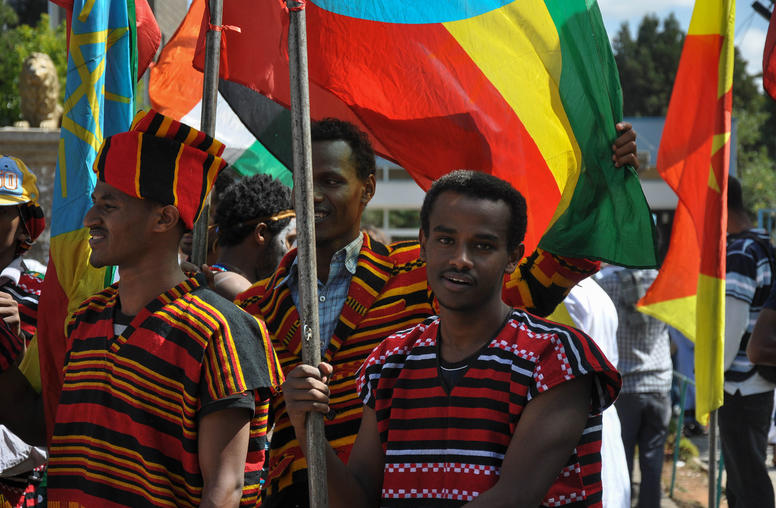
In Southern Ethiopia, Trouble Brews in Sidama
The southern Ethiopian area of Sidama is famous for its coffee. But amid the beans, bitterness lingers. More than 50 people were killed in recent violence, as Ethiopia struggles with demands for the creation of a new Sidama ethnic federal state—a right explicitly permitted by the national constitution. USIP’s Aly Verjee discusses the implications of this latest challenge to peace in Africa’s second most populous country.
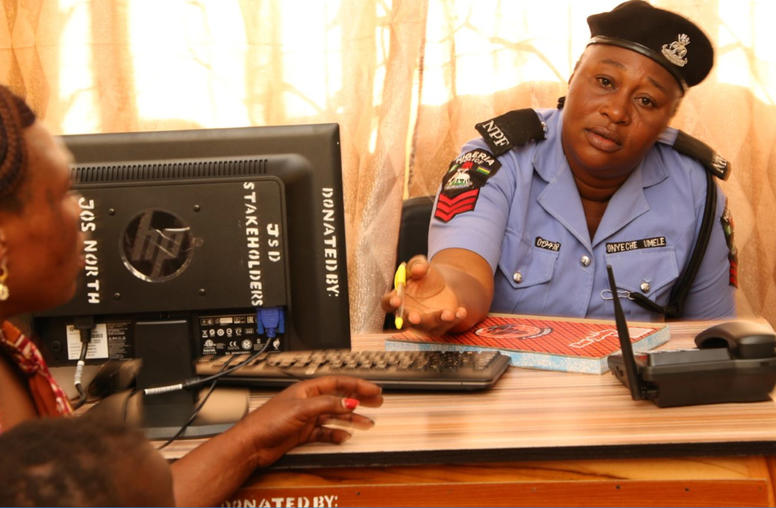
As Africa Battles Sexual Violence, a Nigerian City Shows How
When civic leaders and officials in Jos, Nigeria, launched an initiative in 2017 to calm repeated bloodshed in the city, a series of dialogue forums with residents revealed a chilling pattern of hidden violence in their midst: sexual assault. Girls and women recounted rapes and attacks for which justice was impossible, often because authorities were unresponsive. The women faced a problem common to their sisters across Africa: national laws against sexual violence were having little effect on the ground. But the dialogues have wrought a change. In May, police in Jos opened the city’s first unit dedicated to investigating sexual and gender crimes.
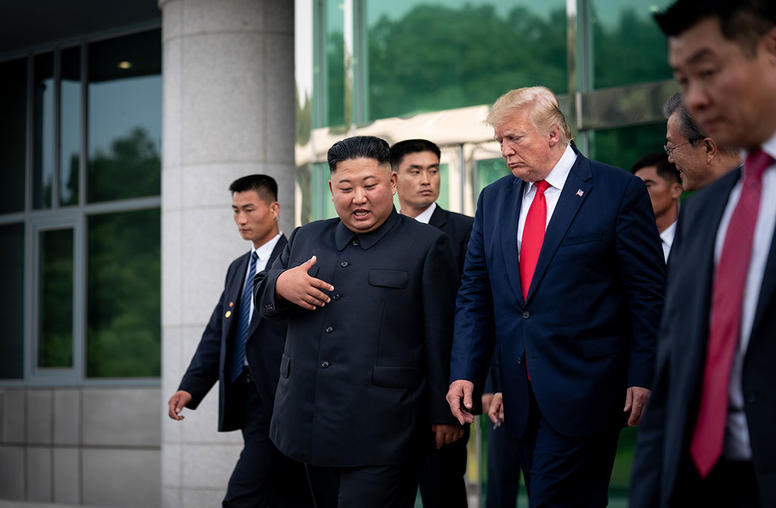
What’s Next with North Korea?
It’s been over a month since President Trump became the first sitting American president to set foot in North Korea. After months of stalled talks, this third Trump-Kim meeting was greeted with optimism, as the two leaders agreed to resume working-level negotiations. Not only have those talks not started up again, but North Korea has since conducted several missile tests in what many experts believe is a bid to maintain pressure on Washington and Seoul.
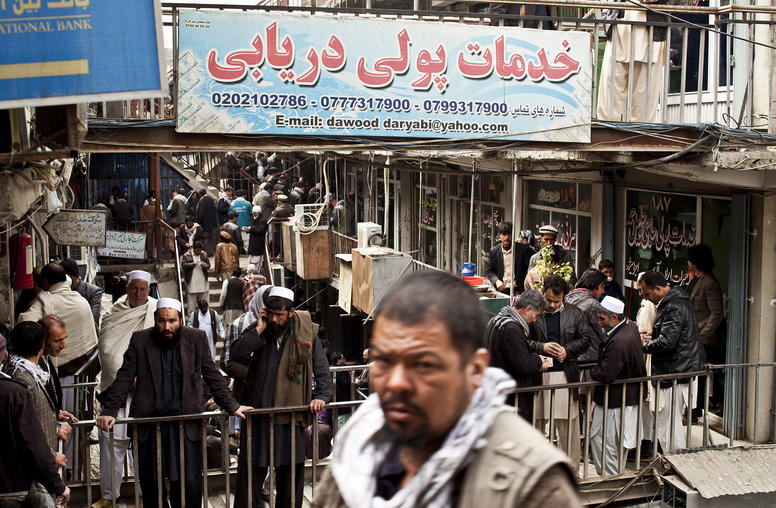
Afghan Government Revenue, Critical for Peace, Grows in 2019
An Afghanistan peace deal, currently under discussion between the Taliban and U.S., will depend in the long term on more than political and military agreements. A sustained peace will also require that the Afghan government can generate growing revenue to help pay its soldiers, deliver services and reduce its dependence on...
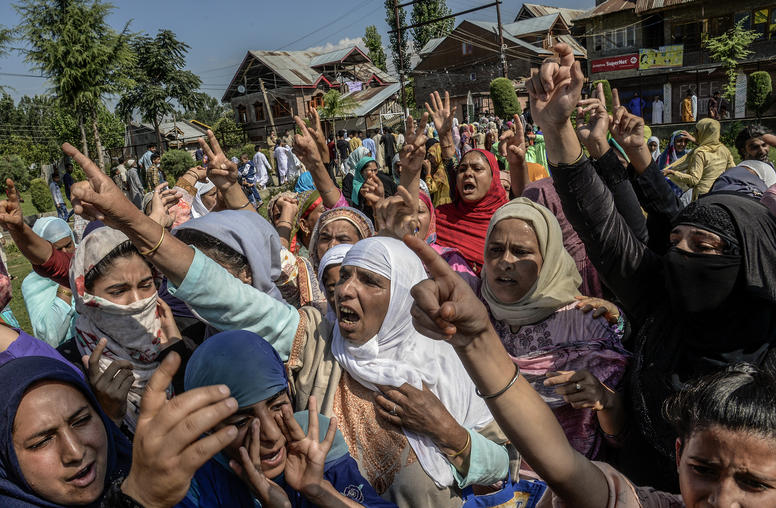
Kashmir Crisis Raises Fear of Intensified India-Pakistan Conflict
Last week, India made a controversial decision to revoke the special status of the disputed region of Kashmir and sent thousands of troops to quell any potential unrest. The Muslim-majority territory has been a major source of tension between India and Pakistan since it was partitioned between...
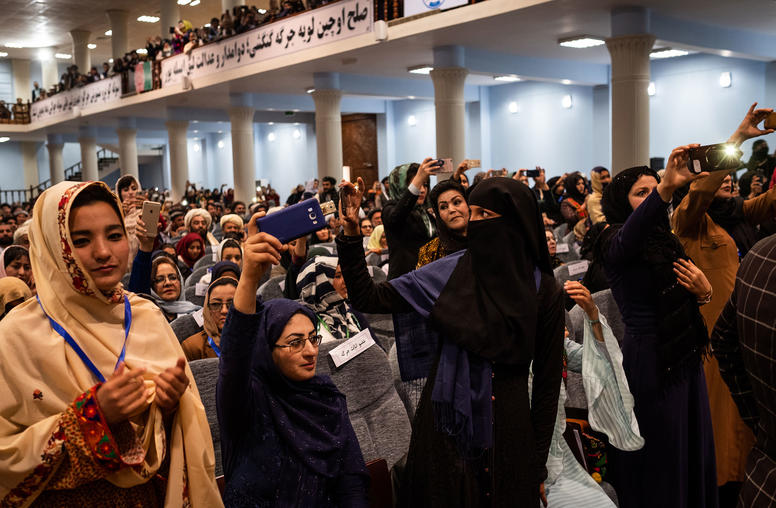
Afghans Want the Right Peace Deal, Not Just an End to Violence
Afghans are hopeful that a peace deal between the Taliban and the U.S. will bring them a step closer to the end of the country’s four decades of conflict. This protracted state of war has resulted in the loss of countless lives; mass displacement; and the destruction of infrastructure and the education and justice systems. Afghans will feel the consequences for generations to come.
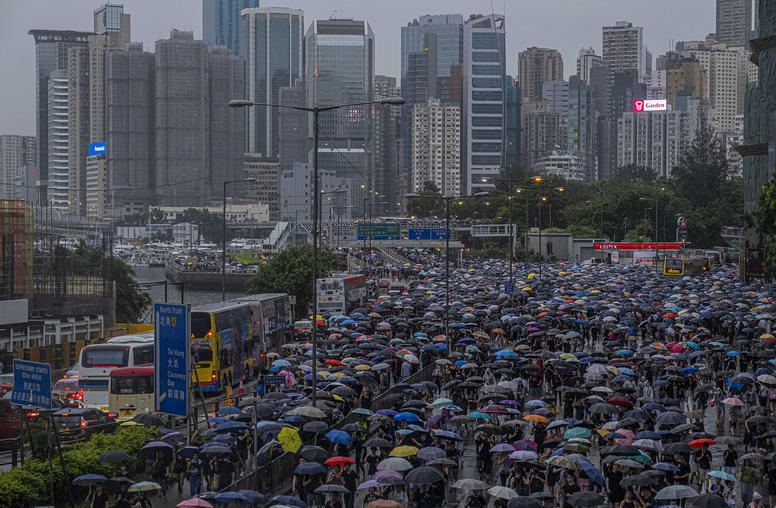
Despite Beijing’s Threats, Hong Kong Protesters Remain Unbowed
Hong Kong saw another massive rally on Sunday, with an estimated 1.7 million pro-democracy protesters taking to the streets. So far, China’s response to the protests, which started in June over a proposed bill that would have allowed extradition to mainland China, has largely consisted of a disinformation campaign and support for the Hong Kong police, which have engaged in violent beatings, extensive use of tear gas, and firing of rubber bullets to clamp down on the protesters. USIP experts discuss how the situation has evolved, the potential of Beijing conducting a violent crackdown, what the international community’s response would be, and what the U.S. can do.
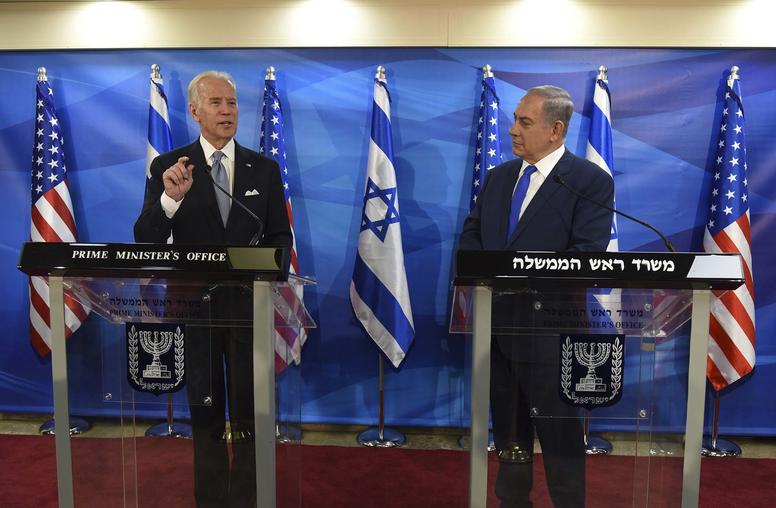
Why Biden Should Prioritize Preserving the Two-State Solution
The Biden administration came into office facing a host of pressing domestic and foreign policy challenges. And while issues like a rising China, the Iran nuclear deal, and the COVID pandemic will dominate the new administration’s agenda, it should not lose sight of the decades-old Israeli-Palestinian conflict.
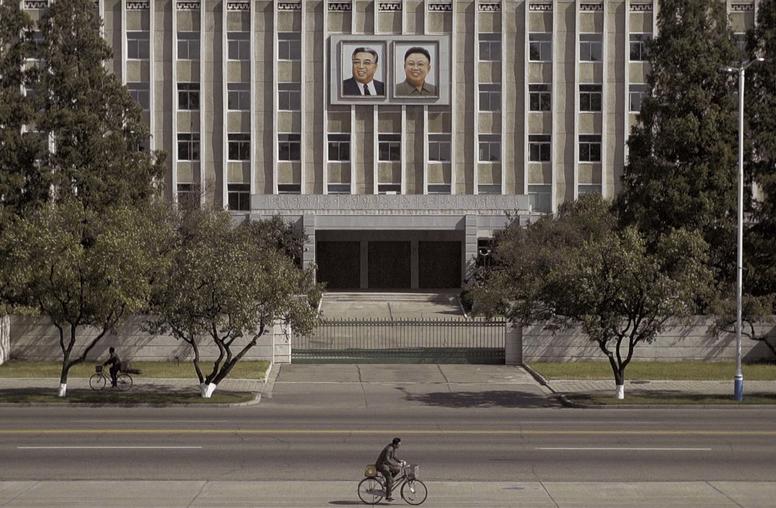
Can Markets Help Foster Civil Society in North Korea?
After North Korea’s planned economy faltered in the 1990’s, resulting in a devastating famine known as the “Arduous March,” citizens turned to an informal market system for survival. Desperate for some semblance of stability, the North Korean state initially tolerated these rudimentary transactions as a financial necessity. These markets have grown in scale and complexity over the last two decades—and in the process, have facilitated the growth of unofficial economic networks that exhibit signs of a nascent semi-autonomous public sphere that is unprecedented in North Korean society.
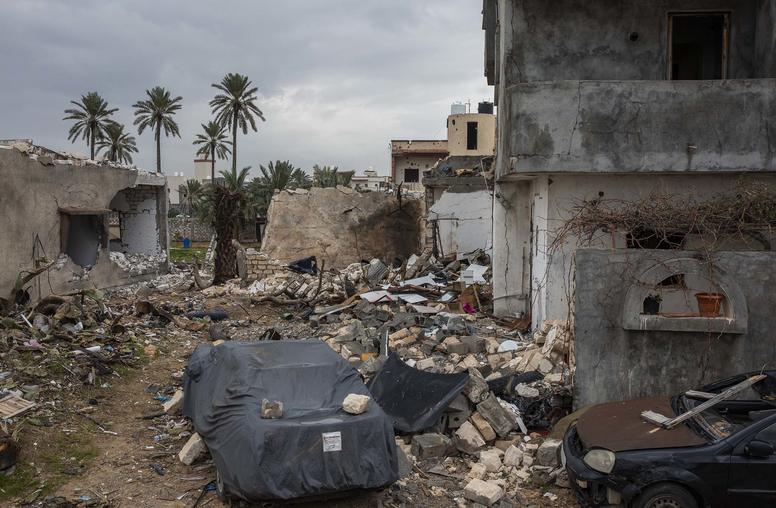
Libya: Amid Hope for Peace, Regional Rifts Still Pose Hurdles
Libyans and the United Nations advanced their current effort to end almost a decade of instability and war this month when a U.N.-backed forum nominated an interim government to prepare nationwide elections by the end of 2021. The new transitional government brings hope that this process—the third major U.N. peace effort in Libya—might lead to stability. Still, achieving lasting peace will require that the process address the main underlying driver of conflict: the divisions among Libya’s three main regions, notably over how to organize the government. It also will need the United States and other countries to support the transitional government and hold Libya’s contesting sides accountable.